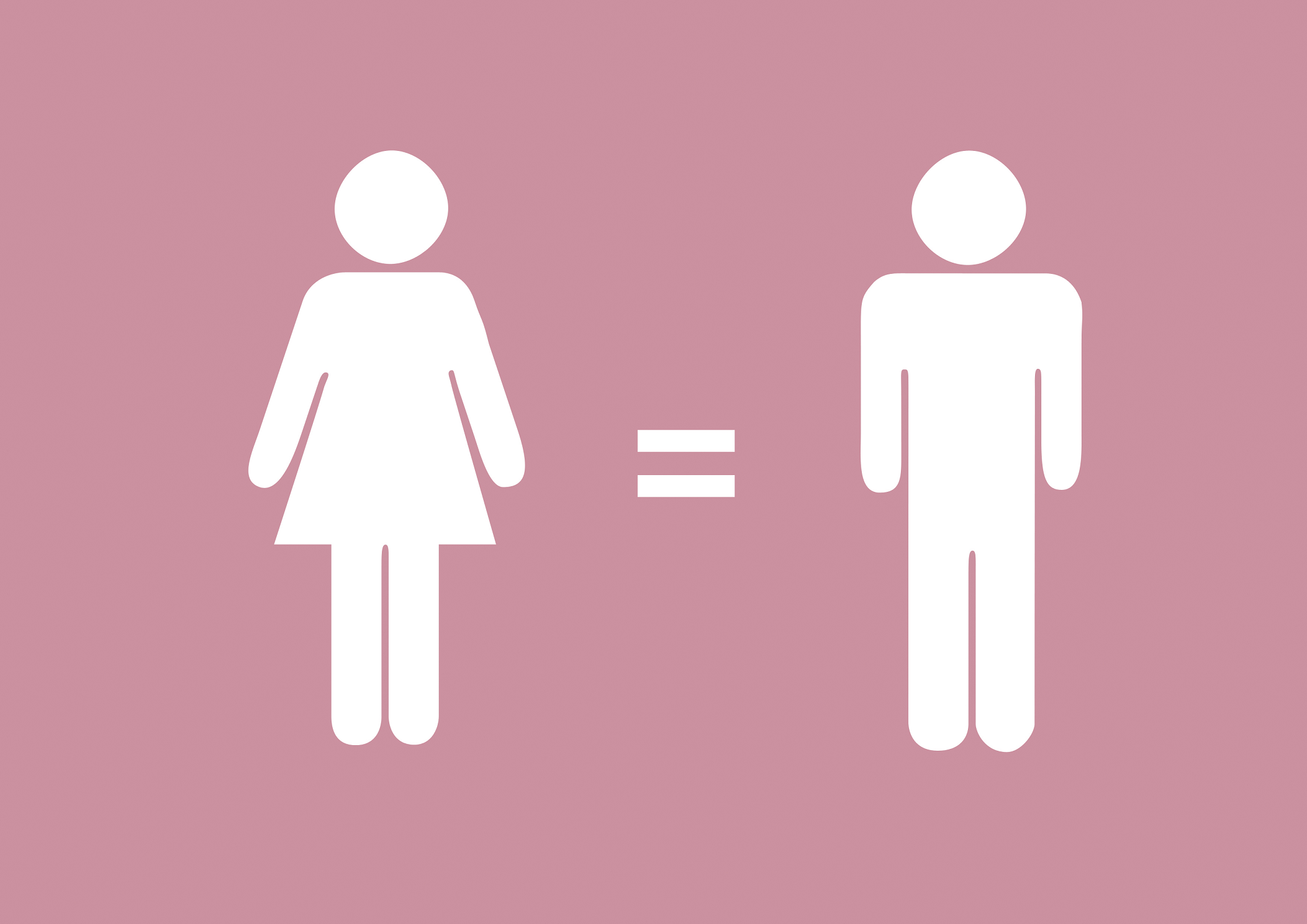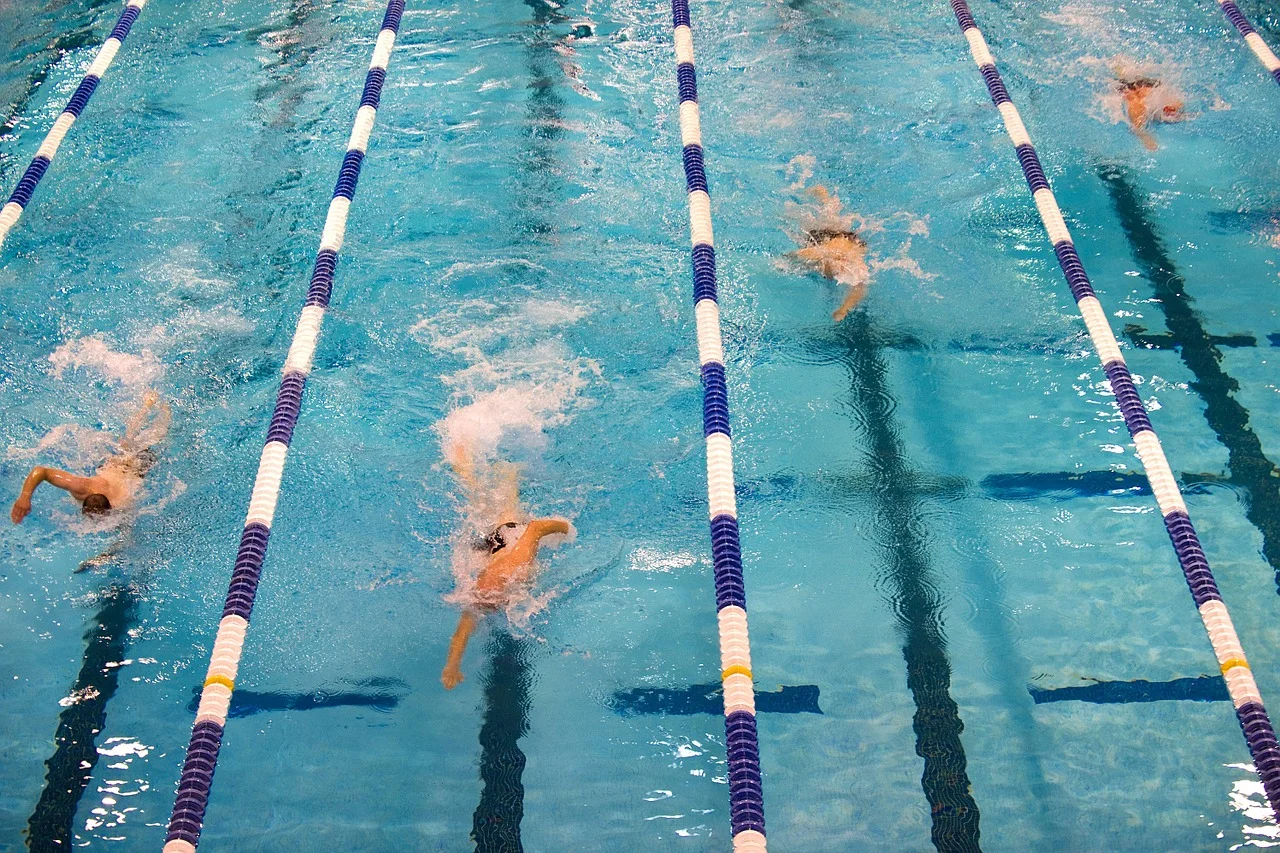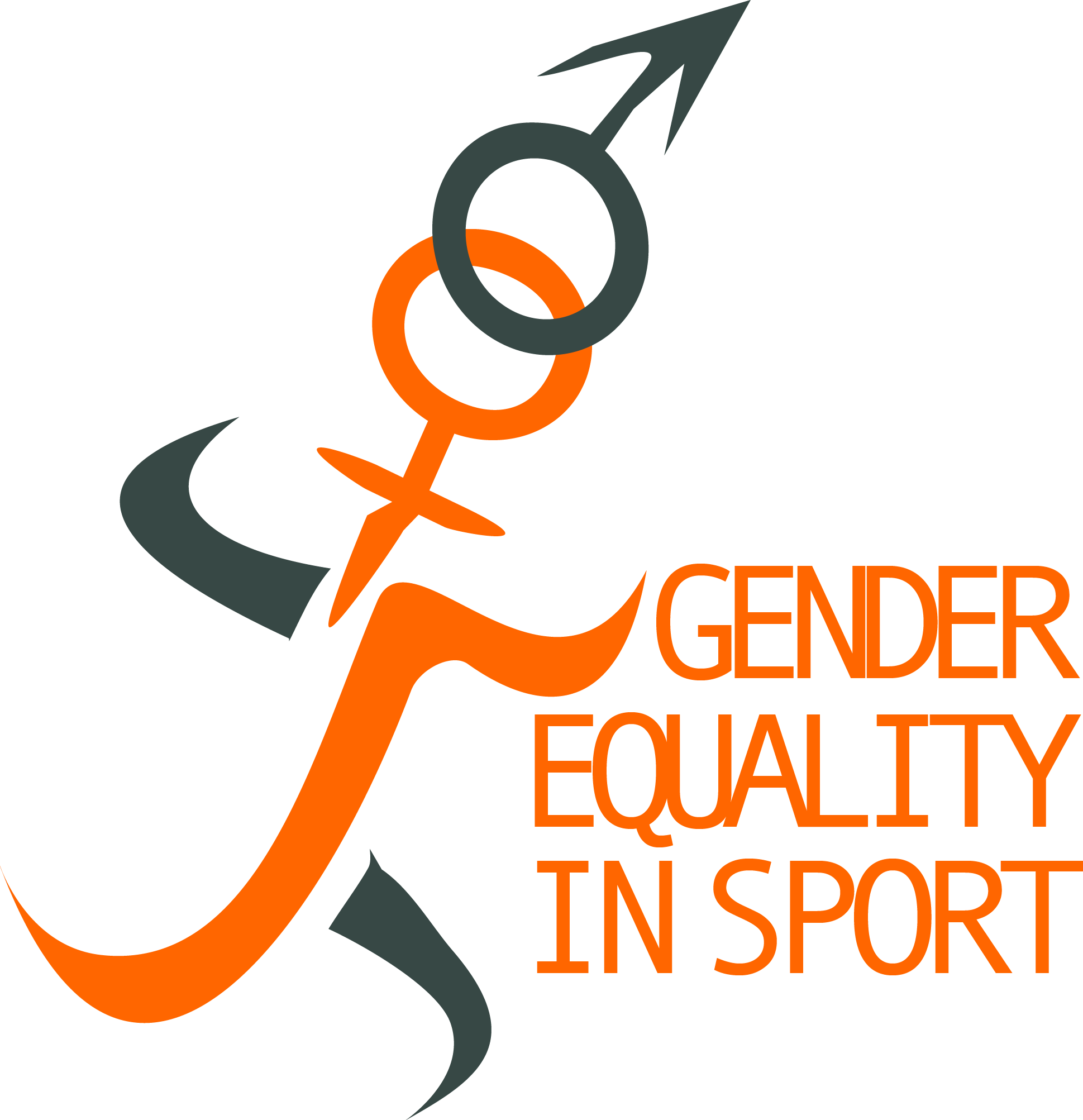Gender Equality in Sport and the Limits of Law
By Kate Scallion
I sometimes have to warn people, “Don’t get me started!” if we’re talking about gender equality, specifically, gender equality in sports. Those conversations can go two ways: they can go well, where we’re both on the same side of the issue; or they can go poorly, where I have to continuously point out the inequalities in sport and why they should not be allowed to exist.
There are countless ways that women’s sports are differentiated from, and marginalized compared to, men’s sports: rules of contact, playing and training facilities, start times, event distances, and of course, funding and media attention. I compete in cross-country skiing, running, and mountain biking, and gender equality in these sports is almost non-existent. It is admittedly improving, but only through sustained struggle.
There are legal options for addressing inequality in sports, but I question their effectiveness, particularly for addressing systemic inequality. A key barrier to substantive equality is jurisdiction. Many, if not most, national sport organizations base their rules and competition criteria on the standards set by international sport organizations. A Canadian athlete might be able to take her national sport organization to a Canadian human rights tribunal or court to argue discrimination based on sex, but a Canadian tribunal or court does not have jurisdiction to order an international organization to stop discriminating This was demonstrated in 2010 when a group of women ski-jumpers unsuccessfully attempted to force the organizing committee for the Vancouver Olympics (VANOC) to include women’s ski-jumping in the Olympic program1. Both the British Columbia Supreme Court and Court of Appeal agreed that they did not have jurisdiction to tell VANOC what to do because the Olympic program was determined by the International Olympic Committee (IOC), over which the BC courts had no authority.
The Olympics epitomize nearly all of the problems of gender inequality in sport. Fewer women are allowed to compete in events like cycling or skiing than men; the media coverage of women athletes at the Olympics focuses more on their appearance than their performances; women’s events are usually earlier in the day or conclude before the men’s events. All of this demonstrates that achieving equality in sports is unlikely to start at the top. And the inertia trickles down. National organizations can argue that they are bound by international standards. Provincial organizations can argue that they are bound by the national standards. And the circle of excuses and inaction continues.
So if equality in sports is not a priority for elite sport, where should it start?
I have hope that grassroots organizations and small provinces can break away from the cycle of inequality. The Inclusivity in Sport Roundtable, held at Dalhousie University in October 2018, prompted some excellent discussion and gave rise to concrete examples of how grassroots or small organizations can positively effect change. Speed-skating was one, where boys and girls compete together until a certain age; which teaches kids at a young age that male and female athletes have equal capability and opportunities. University cross-country running is another, where USports is working to equalize men’s and women’s race distances. That change trickled down almost immediately to high school cross-country running in Nova Scotia, where the girls and boys now race the same distances. Other easy changes that promote equality include changing the event schedules so that starting events alternate between the men’s and women’s events.
Nova Scotia has the ability to lead in making changes at the ground level so that its athletes grow up in a sporting culture where gender equality is the norm. This will encourage them to question why fewer women than men are competing in the Olympic mountain bike race. It will make them wonder why the longest cross-country skiing race for a woman is 30 km, compared to 50 km for men when women are clearly capable of racing 50 km (and want to!). At the 2018 provincial championships for cross-country skiing, the organizers equalized the race distance for every category. One of the best remarks I heard after the event was someone saying they didn’t even realize that the distances were supposed to be different. I wish every athlete in every sport did not have to come to the realization that women are too often and unjustly treated as frail, weak, and unskilled.
Another way that schools and universities can promote equality is to insist on equal funding. I am opposed to sports like football because they extract huge portions of the sport budget and have no women’s equivalent. In the Atlantic University Sports (AUS), there are attempts to even out funding by only having women’s rugby in the league (rather than both men’s football and men’s rugby), but women’s rugby surely attracts a lot less money and attention than men’s football. I would strongly urge any institution, but universities in particular, to stop funding any male team unless there is also a women’s team in that same sport. If funding is equalized — or eliminated for certain sports — then at least, from a financial point of view, men and women athletes are receiving the same support. Who knows what women can achieve once we’re given substantive equality!
Achieving gender equality in sports is an important goal with important consequences not only for sport but for society; it’s a goal that will take decades to achieve and must include the voices of athletes, particularly women athletes. Conversations like the ones we had at the Inclusivity in Sport Roundtable demonstrate the desire and the will to reach that goal. Now it’s time to put our words to work and try to make change happen from the ground up.
[1] Sagen v Vancouver Organizing Committee for the 2010 Olympic and Paralympic Winter Games, 2009 BCSC 942, aff’d 2009 BCCA 522.



